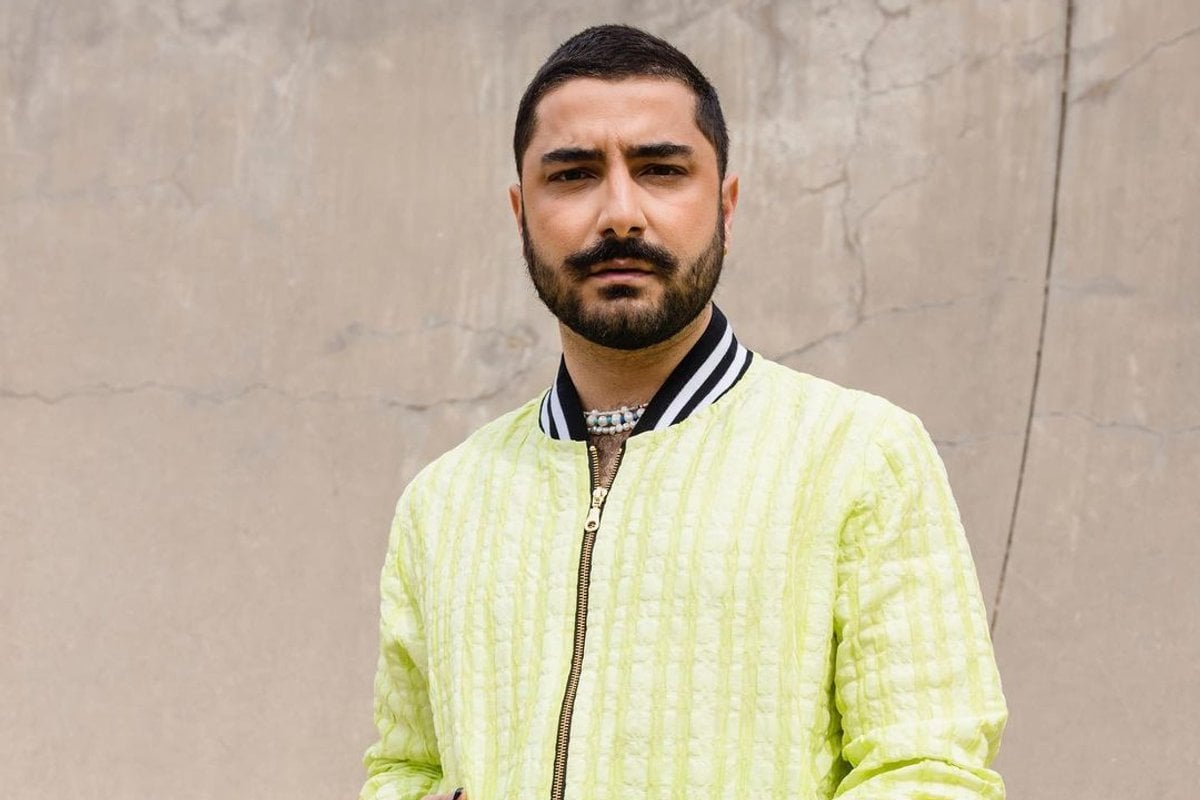
The following is an excerpt from Love This For You, How to Rewrite the Rules and Live Authentically by Deni Todorovič - a guidebook to being your best and most authentic self.
My post-breakup reinvention didn’t come all at once. It happened over a long period, by way of many magical Sundays. I used to call Sundays my ‘dates with myself’ or ‘Deni Dates’. They started with a curiosity to discover London in my newfound single status and developed into a fundamental part of my self-love journey. Those Sundays laid the foundations for my relationship with myself.
I would set my alarm, no matter how hungover I might have been from all the dancing the night before, and I looked forward to choosing an outfit to impress only myself. I would choose a borough in London I had not yet visited and I would walk. I found quiet paths and canals to stroll along, and where there was little to nobody around to watch me, I would dance, with great vigour, to the songs of Lady Gaga’s The Fame Monster. That album brought me joy, and with every beat, I grew closer to myself.
I shopped in vintage stores and at H&M. I took myself to the cinema, a highly underrated solo activity. I even took myself to dinner; sometimes I’d bring a book and other times I would just sit and watch the bustling crowds go by. I treasured this time where I was truly alone and, if I’m honest, I often miss it. The thoughts and endless hope that got me through what could’ve been a very dark moment actually moved me towards the light.
On Sunday afternoons I would daydream of where my life might take me. To a career in fashion, to accomplishments fulfilled and healthy relationships relished. I didn’t know what manifesting was back then, but in retrospect I can see that what I was doing on those Sundays was unwittingly manifesting so much of the future course of my life.


Top Comments